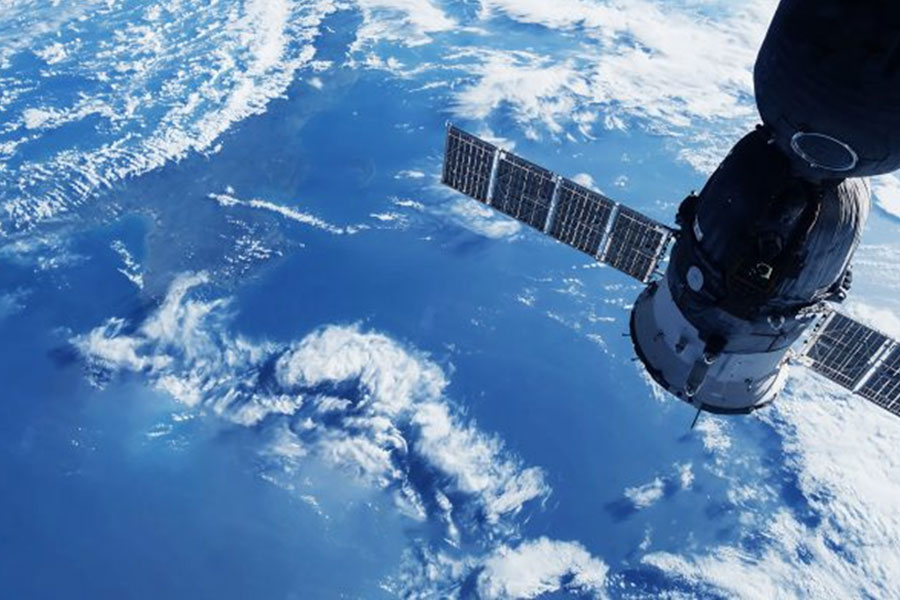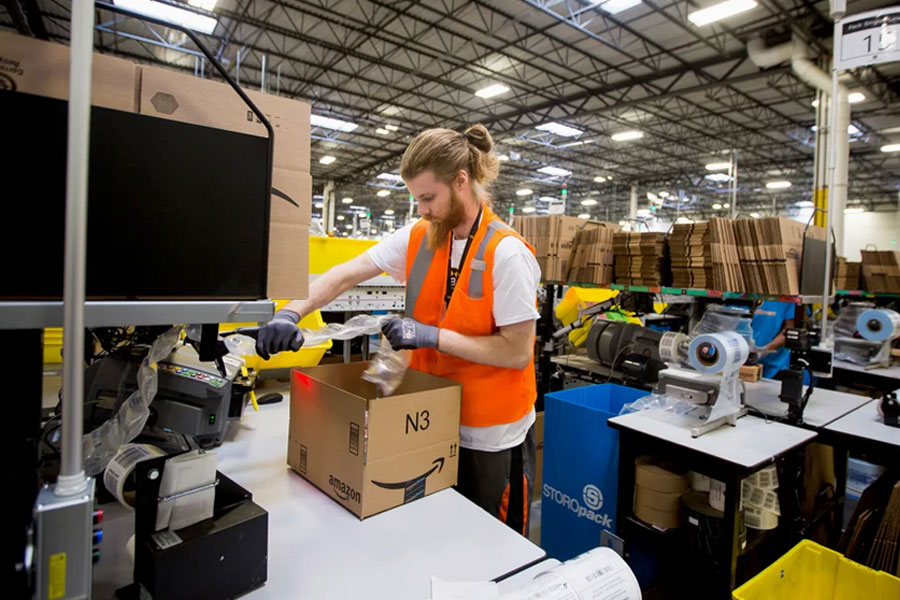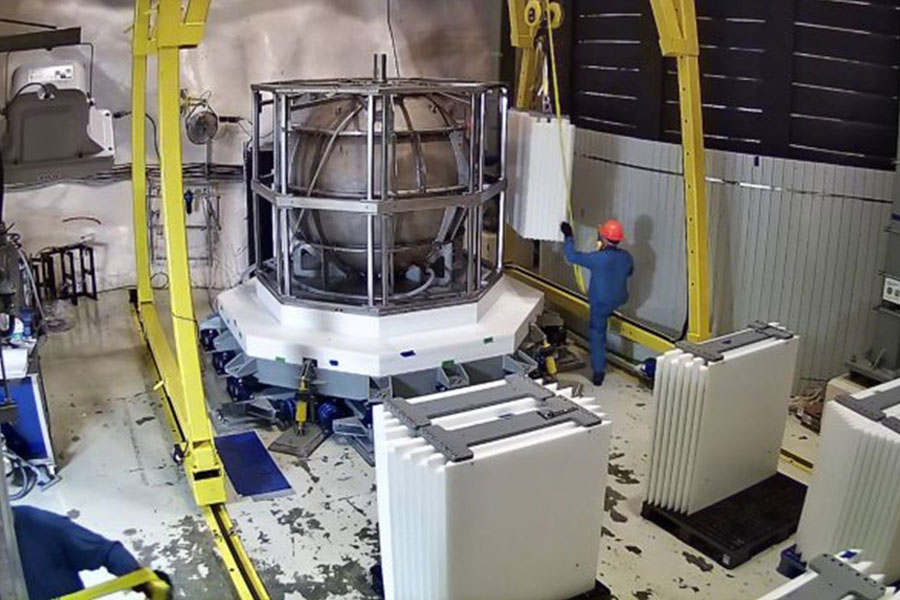
RSS-Hydro explores an innovative space-based approach using advanced satellites to transform disaster response and boost global security, paving the way for a stronger and safer tomorrow.
Imagine a world where natural disasters no longer catch us off guard, where floods, fires, and storms are met with swift, precise responses that save lives and protect communities. This vision is no longer a distant dream but a tangible goal on the horizon, thanks to groundbreaking advancements in space technology.
Earth, with its diverse ecosystems and vibrant tapestry of life, is increasingly vulnerable to natural disasters like hurricanes, droughts, and wildfires. These events wreak havoc on lives and economies, underscoring the urgent need for more effective disaster response strategies.
Current Earth Observation (EO) satellites provide valuable insights into disaster zones. However, their ability to deliver critical information swiftly is often hindered by latency—the delay in processing and transmitting data back to Earth. In a crisis, every minute counts, and delays can mean the difference between life and death.
Enter the all-in-space solution—an innovative network of satellites orbiting Earth, equipped with advanced sensors capable of capturing high-resolution, multi-spectral imagery. Unlike traditional satellites, these constellations provide a comprehensive view of disaster areas in real-time, even penetrating clouds and debris to gather crucial data during storms and landslides.
What sets this approach apart is its onboard processing capability. Satellites not only collect data but also analyze it onboard, transforming it into mini-analysis centres in space. This capability drastically reduces the time needed to identify disaster zones and assess their severity, enabling faster response times and more targeted rescue efforts.
But it doesn't stop there. Orbital compute nodes—essentially supercomputers in space—further enhance the system's capabilities. These nodes leverage machine learning algorithms to sift through vast amounts of data, uncovering hidden patterns that enhance our understanding of disaster dynamics and improve predictive accuracy.
The benefits extend beyond disaster response. This technology can monitor wildfires in real-time, detect illegal fishing activities at sea, and even safeguard critical infrastructure like pipelines and power grids from potential hazards. By providing timely, actionable information, it empowers decision-makers at all levels—from local responders to international organizations—to act swiftly and effectively.
Moreover, this integrated system ensures seamless data delivery through advanced transmission protocols and secure networks. Imagine receiving flood maps, fire perimeters, and landslide risk zones directly on mobile devices, enabling responders to make informed decisions on the ground in real time.
Beyond immediate disaster relief, this technology holds promise for broader applications in environmental monitoring and global security. It can track deforestation, monitor water levels, and enhance international oversight of sensitive regions, promoting sustainability and peace worldwide.
As we look to the future, initiatives like the all-in-space solution pioneered by RSS-Hydro and its partners promise to build a more resilient world. By harnessing the power of space technology, we can mitigate the impact of disasters, protect our planet's ecosystems, and ensure a safer, more secure future for generations to come.
Overall, the era of reactive disaster response is giving way to proactive, data-driven strategies that leverage the full potential of space technology. Together, we are forging a path towards a safer, more resilient planet—one where disasters are anticipated, response is rapid, and communities thrive in the face of adversity.





